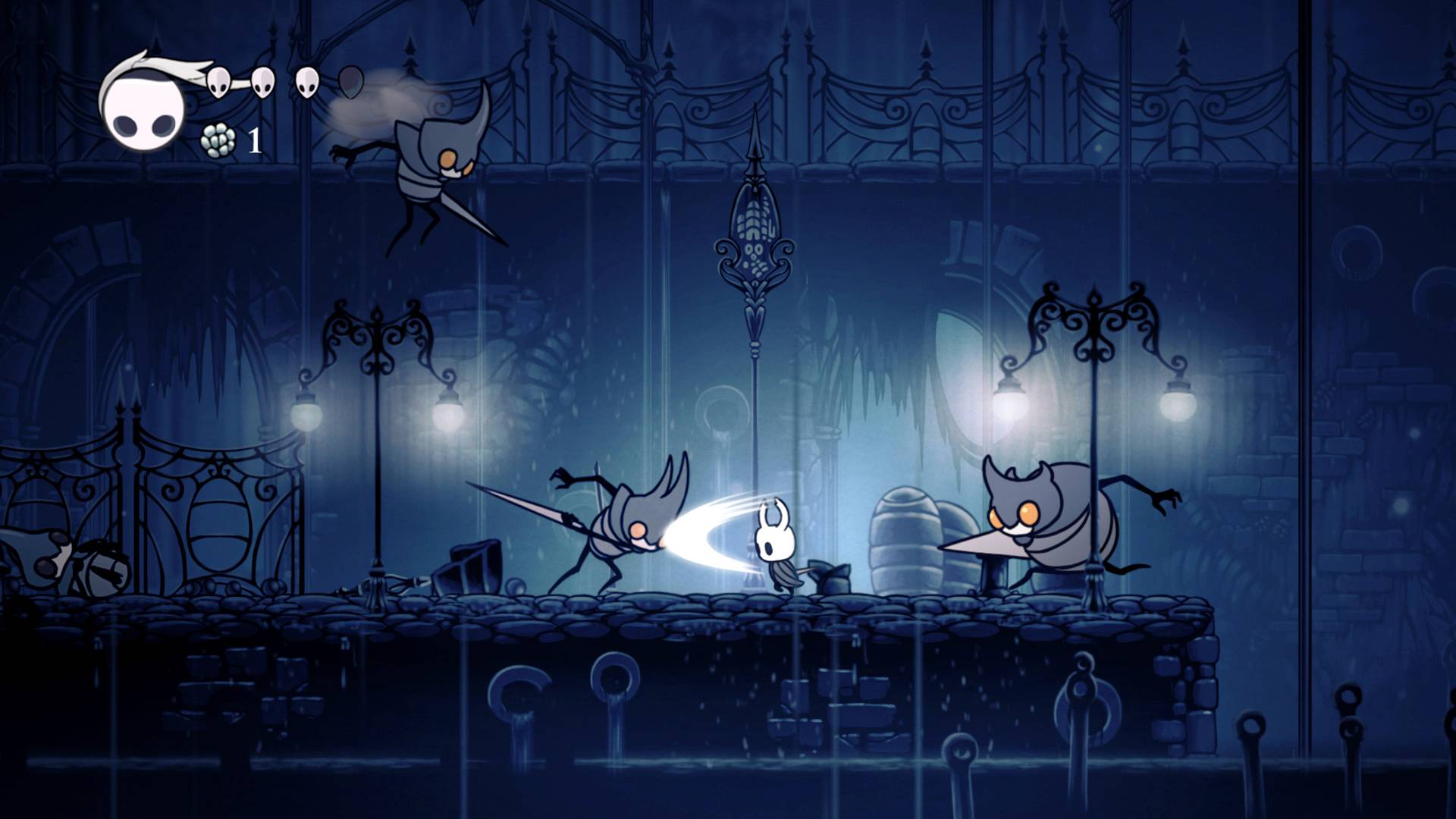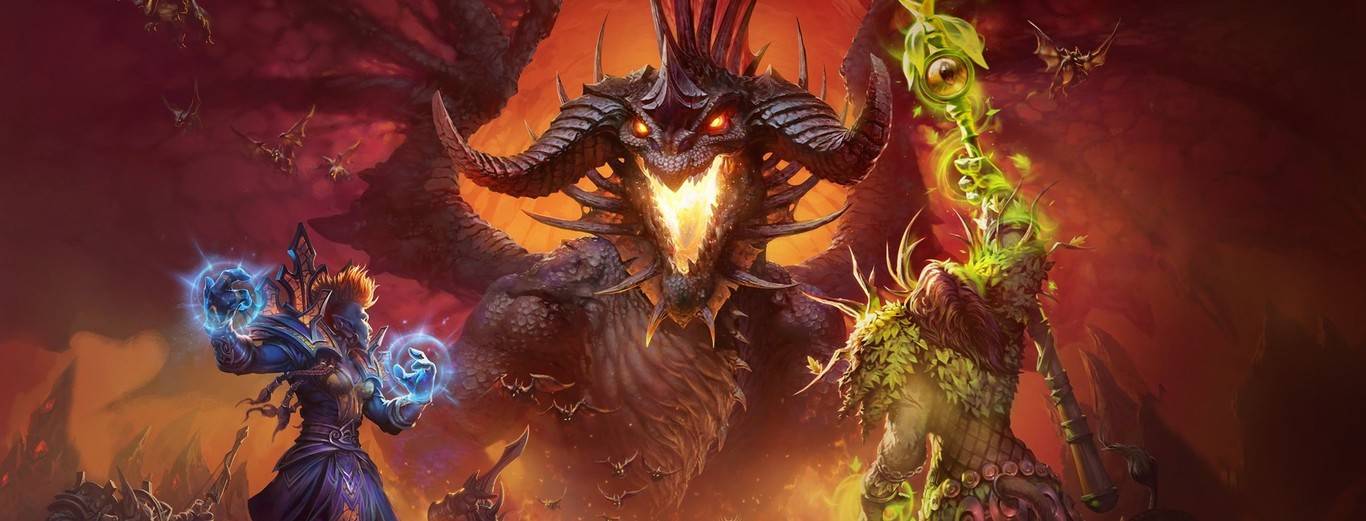How to script a video game? 5 tips
In the video game industry, good storytelling is fundamental to creating immersive and engaging experiences. While visuals and gameplay are essential, narrative can make players connect emotionally with the game, better understanding the world, the characters and the challenges they face. A well-structured storyline not only drives the plot, but can also define the atmosphere and mechanics of the game.
In this article, we'll tell you what a video game script is, the steps to writing one, how to train yourself in the field, and some key tips for creating a compelling story.
What is a video game script?
A video game script is the narrative backbone of the game. Unlike scripts for film or television, video game scripts must be adapted to an interactive format, which means that the player's decisions and actions can influence the development of the story.
This type of script includes not only dialogue and the main narrative, but also scene descriptions, optional lines, narrative forks, character behaviour guides and quests. In addition, it is usually divided into several parts: the main story, dialogue, side quests, and lore elements that enrich the game world.
6 steps to writing a video game script
1. Define the concept of the game
Before writing any words, you need to be clear about the concept of the game: what is it about, what is the main objective, what kind of experience do you want to offer the player? This initial phase involves defining things like:
- Genre: Is it an RPG, an adventure game, a platformer, etc.?
- Setting: Does it take place in a fantasy world, science fiction, or historical context?
- Characters: Who is the protagonist, what are his or her motivations and challenges?
- Tone: Will the game be serious, humorous, or perhaps something darker?
Having clarity on the overall concept will facilitate the whole writing process and align the script with the gameplay and world design.
2. Create the skeleton of the story
Once the concept is defined, start developing the skeleton of the story. This is where you will lay out the major plot lines, identifying key plot points, major twists and turning points that will drive the game forward.
Divide the story into acts or phases, and structure the storyline around the major events. Think about how the player will progress through the game: each level or mission should contribute to the development of the story, either to advance the main plot or to provide additional information that enriches the game universe.
3. Design complex characters
Characters are essential to the narrative of any video game. Spend time creating three-dimensional characters, with their own motivations, desires, fears and internal conflicts. Even if the player cannot control them, these characters must feel real and interesting.
The protagonist, of course, is key. Their narrative arc must be clear and meaningful, as the player will spend most of their time with them. Antagonists, allies and supporting characters must also be well defined, bringing complexity to the story.
4. Writing interactive dialogue mbiente
In video games, dialogue is not linear like in a movie. Characters must react to the player's choices and actions, which adds a level of complexity. This is where interactive dialogue writing comes in. Be sure to provide for different response options, with lines that reflect the state of the game or the player's progress.
Dialogue should also have a purpose. They should not just be ornamental, but should reveal information about the plot, the characters or the world in which the story takes place.
5. Create narrative forks
Some games offer multiple narrative paths, allowing the player to make decisions that will affect the development of the plot. If you decide to implement narrative forks, it is important to plan how each choice will influence the game world. Not all decisions need to drastically change the plot, but some should have significant consequences for the player.
The key here is to maintain consistency, without overloading the storyline with too many forks that do not add value. Each choice should feel important and have an impact on the development of the story or the fate of the characters.
6. Matching narrative to gameplay
One of the great challenges of writing video game scripts is that the story must work in tandem with the gameplay. Unlike a movie, the player has control over what happens on screen. This means that the game mechanics (combat, missions, puzzles) must be aligned with the script.
For example, if your game includes stealth moments, the narrative must justify why the protagonist has to act that way. Narrative and gameplay should be intertwined, creating a coherent experience for the player.
How and where to train to write video game scripts?
Training in areas such as interactive storytelling, game design and creative writing is essential for writing video game scripts. Here are some of the options available to acquire these skills:
1. Bachelor's Degree in Video Game Design
A Bachelor's Degree in Video Game Design offers you a complete training in all areas of video game development, including interactive storytelling. This type of training provides you with the technical and creative knowledge necessary to understand how a script is integrated into the overall development of the game.
At UDIT, for example, we have a Bachelor's Degree in Video Game Design that will teach you, with a project-based training focused on job placement, to create and design your own games and interactive experiences. In the second-year course Video Game Design: Scripts and Storyboarding, you will learn the importance of scripts and storyboarding and the techniques to develop your future projects.
This Degree is the only University Degree in Madrid that offers three mentions: Art, Design and Programming. Our university is a fundamental enclave in the video game sector, being a partner centre of PlayStation Talents Academy, members of DEV and AEVI, founding partner of the Madrid Video Game Cluster or sponsors of the Spanish eSports team FEJUVES, among others.
2. Master in Interactive Narrative and Videogames
If you already have previous knowledge in design or writing, a Master's degree specialising in interactive narrative is an ideal option. These programmes are designed for professionals who wish to delve deeper into the development of scripts for video games and other interactive experiences.
This type of training teaches you how to structure non-linear stories, create complex characters and develop narrative mechanics that adapt to gameplay.
3. Specialised online courses
For those looking for more flexible training, there are numerous online courses that focus on scriptwriting for video games. Platforms such as Coursera, Domestika and Udemy offer programmes ranging from the basics of interactive storytelling to advanced screenwriting techniques .
5 tips for writing a good video game script
1. Put the player at the centre of the story
Remember that the player must feel like an active part of the plot. Avoid making the narrative passive or the player having no impact on the unfolding of events.
2. Create memorable characters
Iconic and well-developed characters create an emotional connection with the player, which increases immersion.
3. Pace yourself
Don't overload the player with information. Alternate moments of action with slower sequences so that the story flows naturally.
4. Test and adapt
A video game script needs to be flexible. As you develop the game, be sure to test the narrative along with the mechanics to identify possible adjustments.
5. Be consistent with the game world
Make sure that every element of the story is aligned with the game universe, including the rules, setting, and characters.
Writing a video game script is a unique challenge that combines narrative, design and interactive mechanics. To be successful in this field, it is essential to have specialised and practical training and an understanding of how to integrate story with gameplay. If you are passionate about creating worlds, characters and memorable experiences for players, video game scriptwriting is a career with plenty of opportunities!
Learn more about video games
How do you create a video game?









